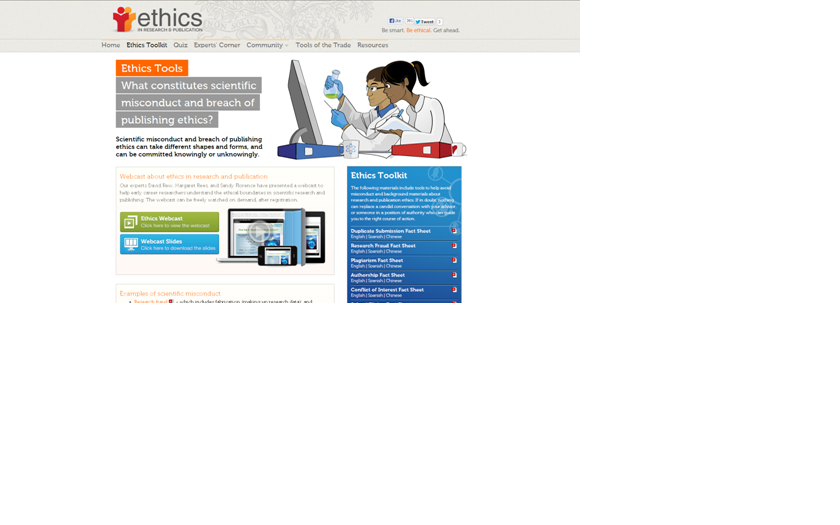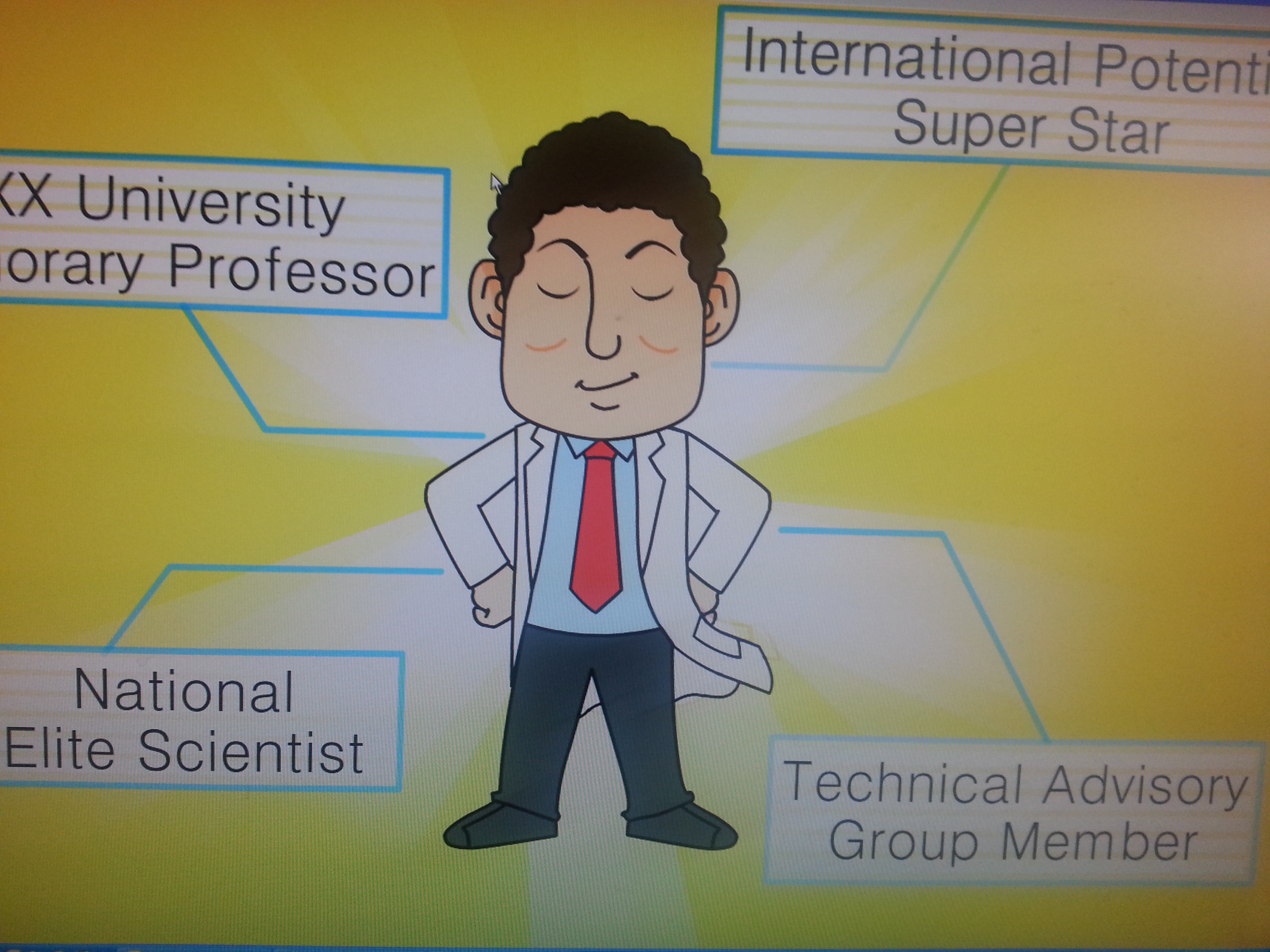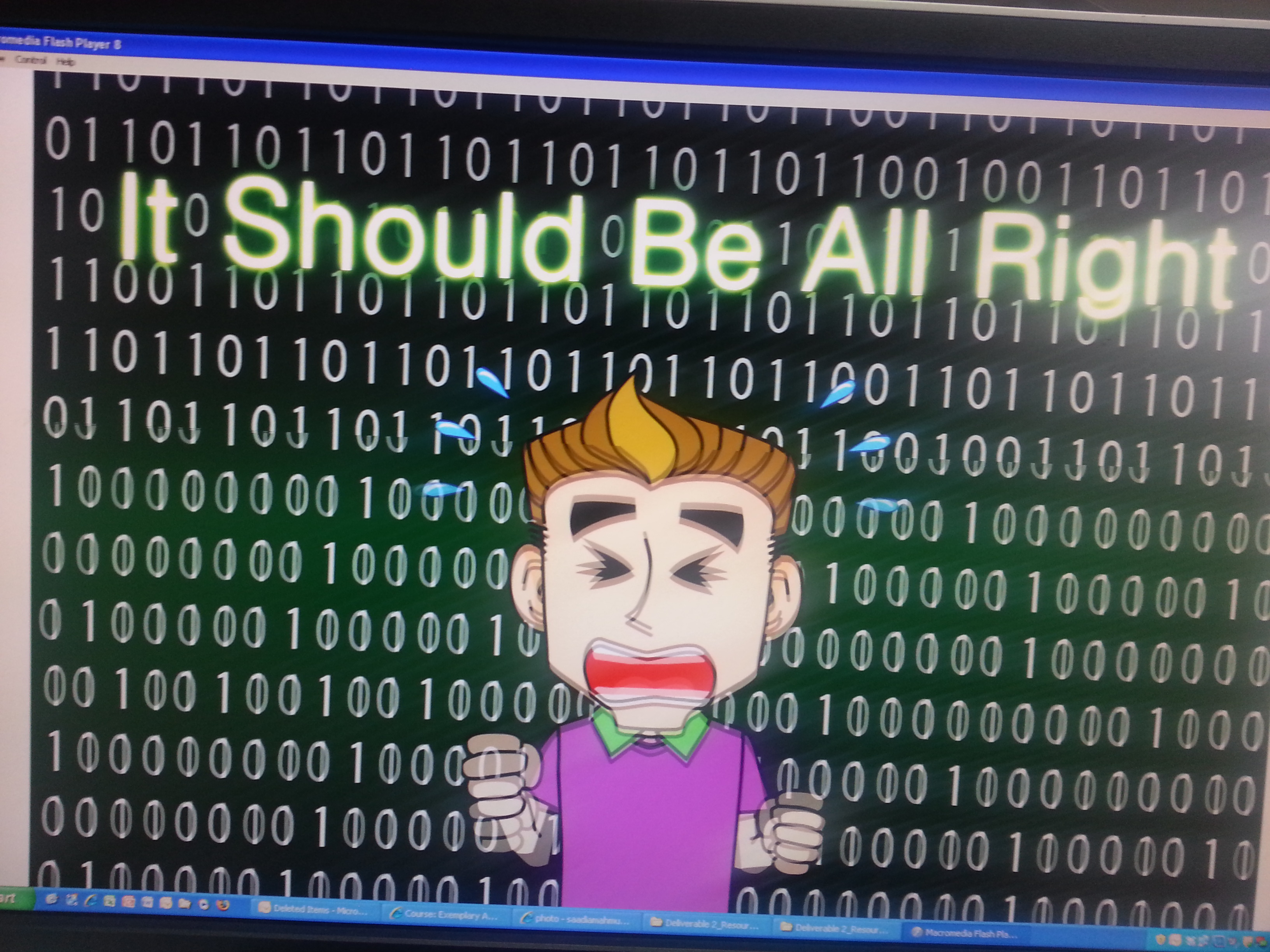Topic outline
-
Research Training Scenarios
Postgraduate research students are referred to as ‘research trainees’ in the Australian Code for the Responsible Conduct of Research[1] (the Code). The following short scenarios have been developed for postgraduate students and their supervisors to stimulate discussion and understanding of the sections of the Code.
- Principles of responsible research Whether a PhD supervisor is performing his role adequately (PDF, 304KB)
- Management of research data and primary materials PhD student has to determine ownership and storage of datasets (PDF, 294KB)
- Supervision of research trainees PhD student becomes aware that supervisor's research is without ethics approval (PDF 280KB)
- Publication and dissemination of research findings Editor of a journal detects multiples submissions by an author (PDF, 311KB)
- Authorship Recent PhD graduate has to determine authorship of papers (PDF, 298KB)
- Peer review Explores challenges in the peer review process (PDF, 241KB)
- Conflicts of interest PhD student has to decide whether to disclose issue discovered during research (PDF, 293KB)
- Collaborative research Highlights issues that arise in collaborative research across institutions (PDF, 30 KB)
Training in the Responsible Conduct of Research (RCR)
Elsevier offers a range of Publising and Research Ethics resources including online lectures, quick guides, interactive courses and videos on authorship, plagiarism, research fraud, publishing ethics and competing interests.
Queensland University of Technology's research skills tutorial "Advanced Information Research Skills (AIRS)" is suitable for postgraduate research students and researchers at QUT and external to the university. The content is freely available.
We gratefully acknowledge permission from Professor Chou, Institute of Education, National Chiao Tung University, Taiwan to display the following animations developed for graduate research training at her university. The animations are intended to capture student interest and open a conversation on integrity especially with students for whom English is an Additional Language (EAL). Click on the image to view an animation.
"I am a great scientist" explores the ramifications of pursuing research in an unethical manner. (4 MB, exe file). Duration: 2 minutes, English text.
"I should be be all right" finds a postgraduate research student wrestling with the issue of data manipulation. (4.5 MB, exe file). Duration: 2 minutes, Chinese audio with English subtext.
Chou, C. (Ed.)(2011). Research ethics (Digital instructional material). Hsinchu, Taiwan: National Chiao Tung University Press. GPN: 4310002514
Research Training Programmes
- Colloborative Institutional Training Initiative (CITI) offers the CITI Program that includes Responsible Conduct of Research (RCR) courses.
- Epigeum (UK) offers an online Research Integrity Programme for undergraduate, post graduate and early career researchers to create an understanding of the responsibilities of researchers.
Research Misconduct
Section 10 of the Code distinguishes between breaches of the Code and research misconduct[2]. The term ‘breach’ is used for less serious deviations from the Code while more serious or deliberate deviations are considered ‘research misconduct’. The Code states “a complaint or allegation relates to research misconduct if it involves all of the following:
- an alleged breach of this Code
- intent and deliberation, recklessness or gross and persistent negligence
- serious consequences, such as false information on the public record, or adverse effects on research participants, animals or the environment
The Office for Research Integrity (USA) commenced in 1992 and oversees research integrity activities in the Public Health Service (PHS) in USA.
- Misconduct Case Summaries published by the ORI, are cases in which administrative actions were imposed due to findings of research misconduct
- Research Integrity The Australian Research Council provides information on the Australian Research Integrity Committee that commenced in February 2011 to review institutional processes that respond to allegations of research misconduct.
- Retraction Watch Online blog about retractions of academic papers.
[1] National Health and Medical Research Council, Australian Research Council and Universities Australia.2007. Revision of the Joint NHMRC/AVCC Statement and Guidelines on Research Practice: Australian Code for the Responsible Conduct of Research, Canberra: Australian Government. Retrieved on 5 February 2013 fromhttp://www.nhmrc.gov.au/_files_nhmrc/publications/attachments/r39.pdf
[2] Mahmud, S & Bretag, T (2013. Fostering academic integrity in postgraduate research: An evidence-based policy and support framework. Accountability in Research, DOI:10.1080/08989621.2014.847668 published online 18 November.


